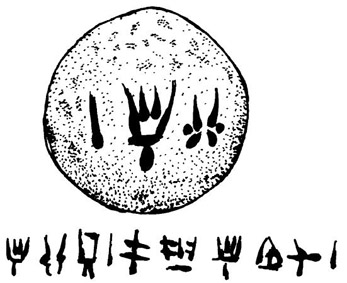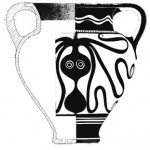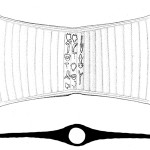The Royal and the Layman? Possible Onomastics on Late Bronze Age Clay Balls
Silvia Ferrara
This article proposes to cast new light on the role played by small spherical objects inscribed in the undeciphered Cypro-Minoan script, dating to the very end of the Bronze Age, defined as clay balls. It is argued that the inscriptions bear personal names of (at least some) high-profile individuals active in Cypriot urban societies, and responsible for overseeing industrial and cultic activities in more than one centre on the island. In advancing such conclusions, this contribution also offers a revised interpretation of two short inscriptions attested on two clay balls from Ras Shamra-Ugarit in Syria, inscribed in the cuneiform script. The cross-comparison will also include a contextual and epigraphic analysis of a typologically identical object recently discovered at Tiryns, Greece and dating to the same period. To corroborate these hypotheses, other Cypriot texts, such as a clay cylinder found at Enkomi, will be included in the discussion, together with cuneiform texts found in kilns at Ugarit, the so-called tablettes du four, to elucidate the function and subject-matter of clay balls in general.



